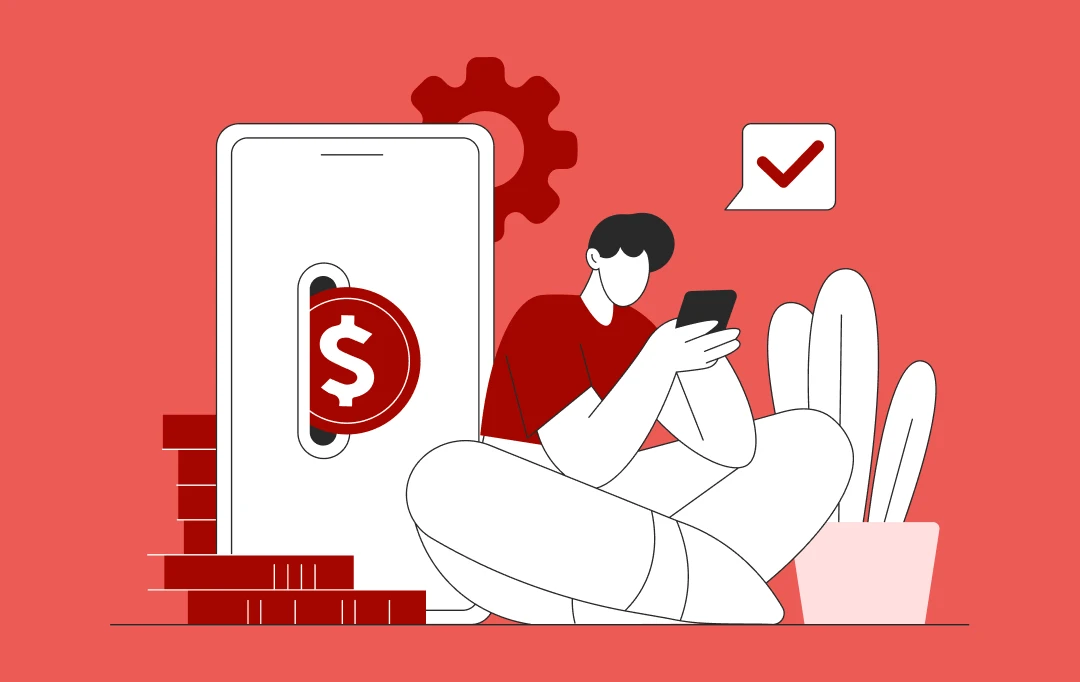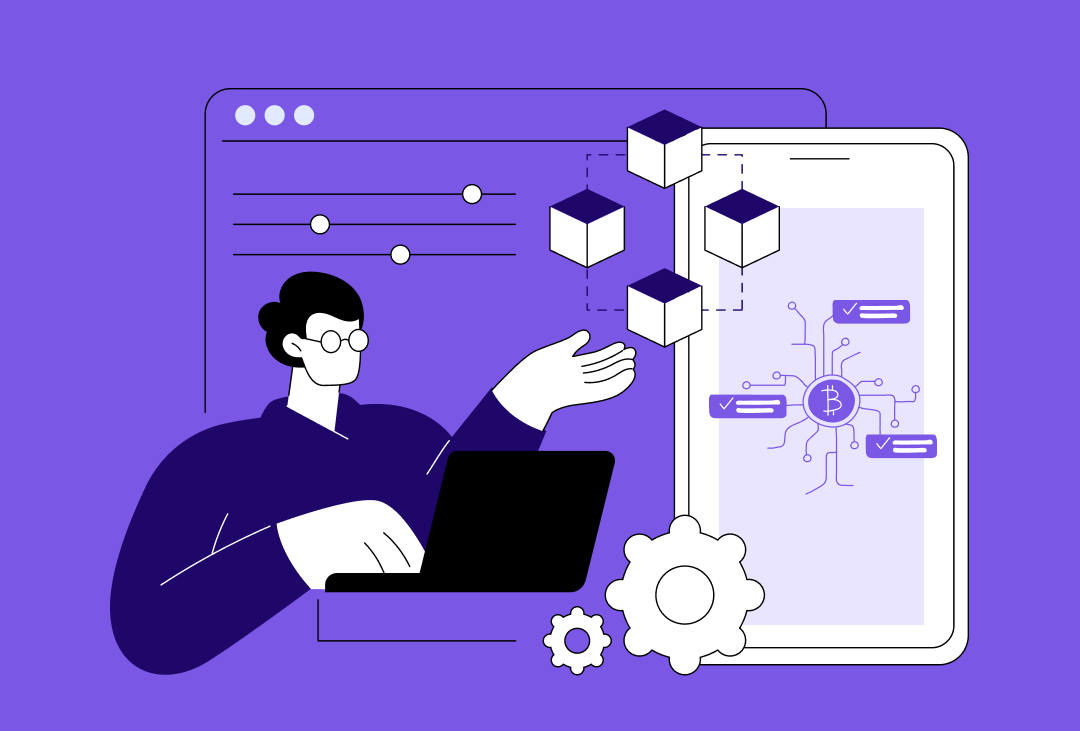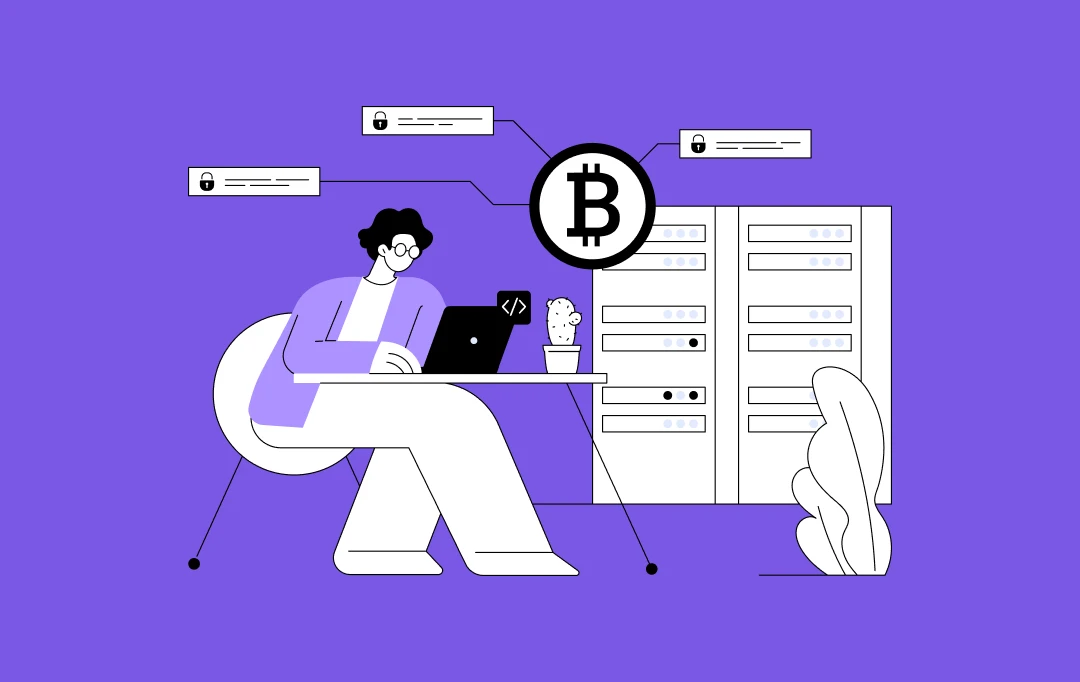Mastercard, an American financial services company, was granted a patent on October 9th 2018. The patent will allow Mastercard to partition Blockchain in order to store countless transactions in different formats. The details of this new system, which is not new for Mastercard, is shared by the U.S. Patent and Trademark Office (USPTO) in the published filing.
What is the need to partition Blockchain?
There are different types of Blockchains and each of them stores transactions separately. For instance, Bitcoins uses one type of system to store its transactions whereas Ethereum uses replacement metrics.
Now suppose a company wants to use Blockchain to store various types of data and use cryptocurrency for their business. They will have a problem storing so much different data coming from different blockchains and cryptocurrencies. According to another recent patent, the transaction records should have the same formats and same data sizes. This makes recording different blockchain data a costly affair for companies.
There are two types of blockchains- open source and non-permissioned. The non-permissioned blockchains do not need permissions to be accessed can be viewed by anyone. On the other hand, permissioned blockchains require special permissions to be accessed or add any other information. The permissioned blockchains are usually opted by companies that focus on security and identity.
The new Mastercard patent says that this difference in permissioned and non-permissioned blockchains makes the transactions in business inflexible. The patent says,
“[…] an entity may want to operate a permissioned blockchain, where varying levels of permissions may be used for participation in the blockchain, such as by limiting the nodes that may add new blocks to the blockchain. However, because all transactions in a traditional blockchain are formatted similarly, the permissions may not be extended to access to the actual transactions in the blockchain … The patent authors say their partitioned blockchain could bypass such limitations and provide ‘enhanced usage of permissions’.
But how will the new Mastercard system work?
The new system aims to use ‘subnets’ that will allow blockchains to receive data from multiple blocks. This will expand the blockchain’s utility as well.
A ‘subnet’ will partition the blockchain and allow interaction in a wider single system. ‘A subnet is a partition of big networks into smaller segments of the network. This improves the efficiency of a network.’ Subnets will be able to receive any type of format of data and store information of any size and type without following a standardised format.
However, the number of subnets will be limited to three only.
New plans of Mastercard
The above mentioned patent was a time taking process as it was filed by Mastercard in the year 2016 in the month of July. Although the patent office publishes patent up to 18 months, getting patent permission can take years.
However, as we have said earlier, this patent is among the many that Mastercard has applied for. The first blockchain patent by Mastercard named “method and system for instantaneous payment using recorded guarantees” was granted in the year 2017. Ever since that first patent, the company has come a long way and has done great progress in the blockchain area.
Mastercard was awarded the third place in “2018 Top 100 Global Blockchain Patent Enterprise Ranking” with 80 patent filings, as reported by IRP Daily. The financial services company was third after companies like Alibaba and IBM. This only shows how big a competition Mastercard is going to be in the blockchain market.
The USPTO published other patents of the company last month which included the one where Mastercard argues how distributed ledger technology (DLT) will make B2B transactions easy. Mastercard also filed a patent in July 2018, asking for permission to use DLT in transactions and consumer protection.
[Also read: Blockchain of Things – Two Disruptive Technologies in Alliance]
These activities by Mastercard only shows its interest in this new technology. Although other companies are struggling in this new found tech area, Mastercard has held some part of the market with its hefty number of patents. The company is also looking to hire blockchain developers, data scientists and blockchain specialists.
The Blockchain is still an unexplored area and if you are looking to get into it, contact our team of mobile app experts at Appinventiv. Our team of developers have mastered the Blockchain app development process and will assist you.


- In just 2 mins you will get a response
- Your idea is 100% protected by our Non Disclosure Agreement.

How Much Does It Cost to Develop a Crypto Wallet App Like Metamask?
Key takeaways: Developing a MetaMask-like crypto wallet can cost anywhere from $30,000 to $250,000+, depending on the complexity of features and integration. The cost breakdown includes development, security, integration with blockchain networks, and ongoing maintenance. A customized wallet opens up new revenue opportunities, brand differentiation, and long-term business growth. Since its launch in 2016, MetaMask…

How Much Does it Cost to Build a Blockchain App in the UAE?
Key takeaways: The UAE blockchain market is rapidly expanding, with the BFSI sector capturing over 50% of the market share. As blockchain adoption accelerates, development costs in the UAE range from AED 55,000 to AED 1.85 million, depending on app complexity and features. Factors such as platform selection, security measures, and third-party integrations directly impact…

How Blockchain Integration Is Optimizing Business Processes in Dubai
Key takeaways: Blockchain is a strategic enabler in Dubai, transforming traditional business workflows by enhancing efficiency, transparency, and automation beyond cryptocurrency applications. Dubai’s supportive regulatory environment and government initiatives (e.g., VARA, Dubai Blockchain Strategy) create a clear, innovation-friendly framework, accelerating blockchain adoption. Integration with legacy systems through modular blockchain solutions enables enterprises to modernize operations…















